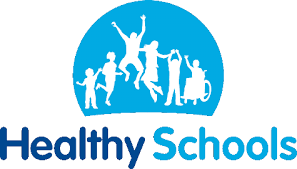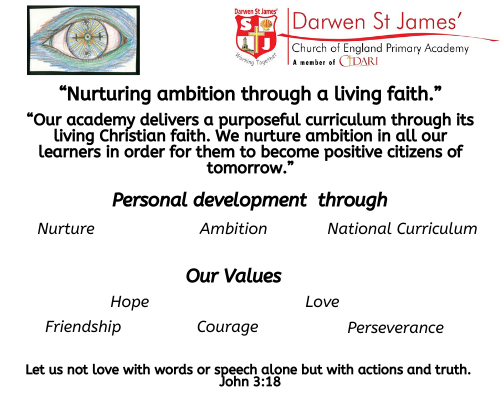
Through our curriculum we aim to provide a rich, varied and purposeful curriculum which has its roots based on our school values of Hope, Courage, Love, Perseverance and Friendship, our Vision and Mission statements and underpinned by our Christian faith. We deliver an ambitious, aspirational curriculum which is well planned, child led and meets the needs of all our pupils. In order for our children to build on previous knowledge we plan lessons sequentially and often revisit learning and give opportunities for learning to be applied in different ways. Growth Mindset is promoted across all of the curriculum and all staff promote a sense of community for the children, parents, Church and the wider community. Through our curriculum we also aim to excite, inspire and empower children through a range of cultural experiences alongside offering a range of literature that reflects our values and validates their realities. Our curriculum aims to prepare all pupils for life in our British Society by fostering in them attitudes and qualities which enable them to become confident, caring, responsible citizens of tomorrow.
See policy page for related documents
What Is The Meaning Of Growth Mindset?
Growth Mindset: “In a growth mindset, people believe that their most basic abilities can be developed through dedication and hard work—brains and talent are just the starting point. This view creates a love of learning and a resilience that is essential for great accomplishment.” ( Dweck, 2015)
Growth Mindset
Growth Mindset, help your child try new things.
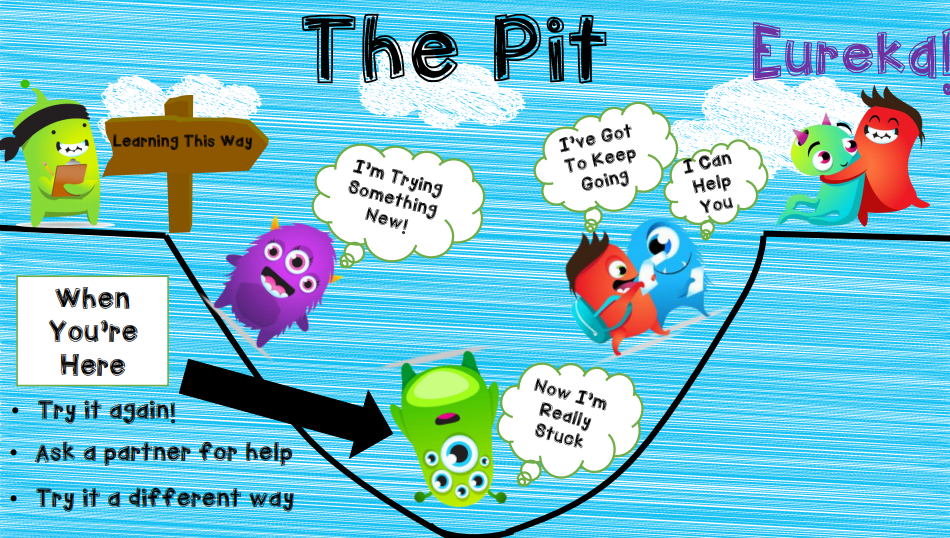
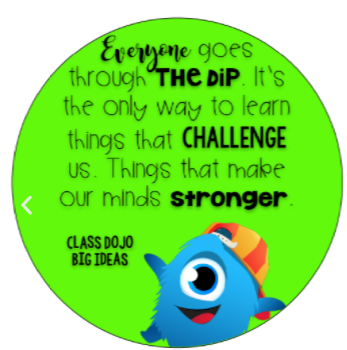
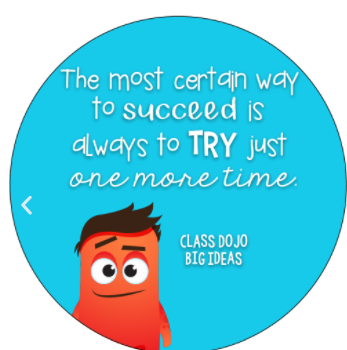
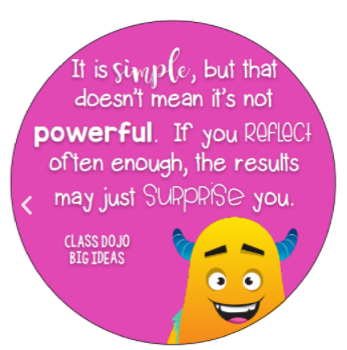
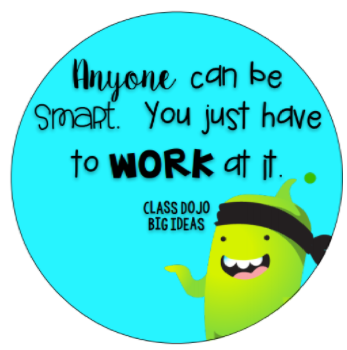
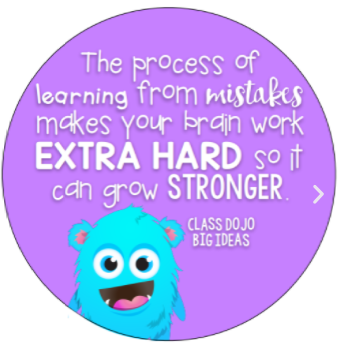
.png)
.png)
.png)
.png)
